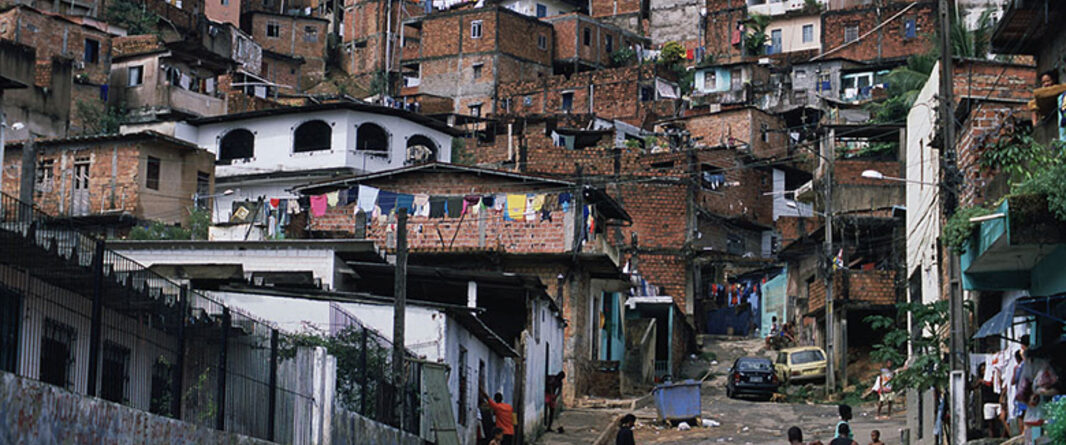The impact of non-contributory cash transfers on poverty in Latin America
By Simone Cecchini, Pablo Villatoro & Xavier Mancero
This article assesses the impact of conditional cash transfers, social pensions and other non-contributory transfers on different indicators of poverty and extreme poverty in Latin America, based on an analysis of household surveys from 15 countries in the region between 2014 and 2017. It is found that in 2017, the combined effect of non-contributory social protection programmes reduced simple regional averages for poverty by 2.0 percentage points and for extreme poverty by 1.7 percentage points, equivalent to relative decreases of 11.8% and 25.9%, respectively. It is also observed that surveys tend to capture fewer recipients of non-contributory transfers than administrative records. This undercapturing, as calculated for Brazil, may lead to underestimation of the impact of programmes, especially on indicators of severity and depth of poverty.
Source: SSRN
440 views










